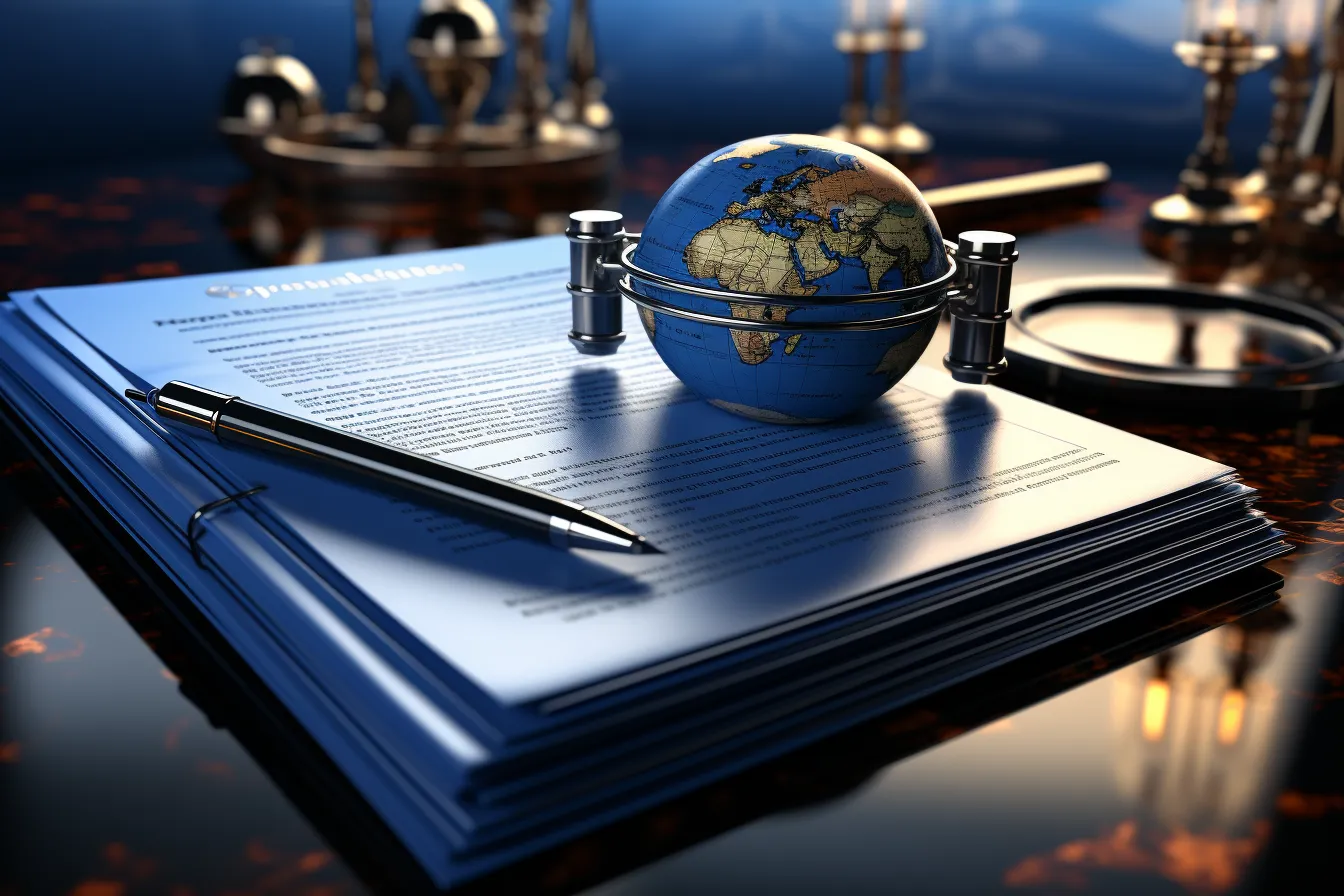Published
1 month agoon
By
admin
In the complex world of maritime operations, the safety of crews, vessels, and cargo is paramount. Managing marine incidents requires not only swift action but also well-defined strategies and policies. This article delves into the Master Marine Incident Response with Essential Policies & Skills, guiding you through essential strategies for effective emergency response.
Marine incidents can encompass a wide range of events, from minor accidents to catastrophic disasters. Understanding the types of incidents that can occur at sea is crucial, as it influences the development of response strategies. For example, incidents may include:
Each category of incident poses unique challenges, requiring specific responses to mitigate risks and ensure the safety of all involved.
Effective emergency response in marine operations hinges on clearly defined strategies that prioritize safety and efficiency. Below are some essential strategies to consider:
Before incidents arise, preparation is key. Developing comprehensive emergency response plans (ERPs) is vital. These plans should outline clear procedures that personnel can follow during various emergency scenarios.
Regularly conducting risk assessments allows teams to identify potential hazards. This process facilitates the development of customized response strategies tailored to specific risks faced in marine environments.
Effective communication can make or break a marine emergency response. Establishing robust communication protocols ensures that teams can quickly share critical information. Utilizing multiple channels—such as radios, satellite phones, and visual signals—enhances coordination during emergencies.
To ensure safety during marine operations, implementing key policies is essential. Below we outline several important policies:
Implementing a Safety Management System (SMS) establishes protocols for managing safety hazards effectively and helps maintain compliance with international regulations.
Developing environmental protection policies is vital to minimize the ecological impact of marine operations. This includes effective waste disposal procedures, oil spill contingency plans, and adherence to pollution prevention regulations.
Following international safety and health standards, such as those set by the International Maritime Organization (IMO), is crucial. Compliance demonstrates a commitment to maintaining high safety standards.
Once emergency response plans have been developed, implementing them effectively is essential for ensuring safety in marine operations. The following steps are important:
Conducting regular drills and simulations prepares teams for various emergency scenarios. Such practices build confidence and help staff become familiar with the response protocols.
Clearly defining roles and responsibilities during emergencies fosters accountability and allows for smoother operations. Each team member should understand their specific duties during a crisis.
After any incident, conducting a thorough review is essential. Analyzing what occurred, what worked well, and areas for improvement helps refine emergency response plans for future incidents.
Training is the backbone of effective marine incident management. Continual education ensures that personnel remain well-prepared for emergencies.
Implementing continuous training programs keeps team members updated on the latest protocols and technologies available. This includes training on advanced navigation systems and communication equipment.
Engaging in collaborative exercises with other maritime organizations fosters a spirit of teamwork and readiness. Such partnerships enable quick coordination during actual incidents.
Mental preparedness is just as crucial as physical readiness. Training programs that emphasize stress management and psychological resilience can better equip personnel for high-pressure scenarios.
The core focus should be on ensuring the safety of personnel, protecting the environment, and safeguarding property. This entails thorough risk assessments, communication protocols, and well-defined operational procedures.
Drills should be conducted regularly, ideally quarterly or bi-annually, depending on the operational context and regulatory requirements.
Effective communication during marine incidents is vital for ensuring rapid coordination between teams. It helps to relay information accurately and prevents misunderstandings that could jeopardize safety.
Resources are available across various websites. For comprehensive insights, consider visiting Essential Strategies for Marine Emergency Response and other linked articles throughout this post.
Mastering marine emergency responses and implementing effective policies is crucial for ensuring the safety of operations at sea. By proactively preparing, training, and refining response strategies, marine operators can minimize risks and enhance safety for their crews and vessels.
By employing these essential strategies, organizations can foster a culture of safety and preparedness, ready to navigate the complexities of marine incidents.
